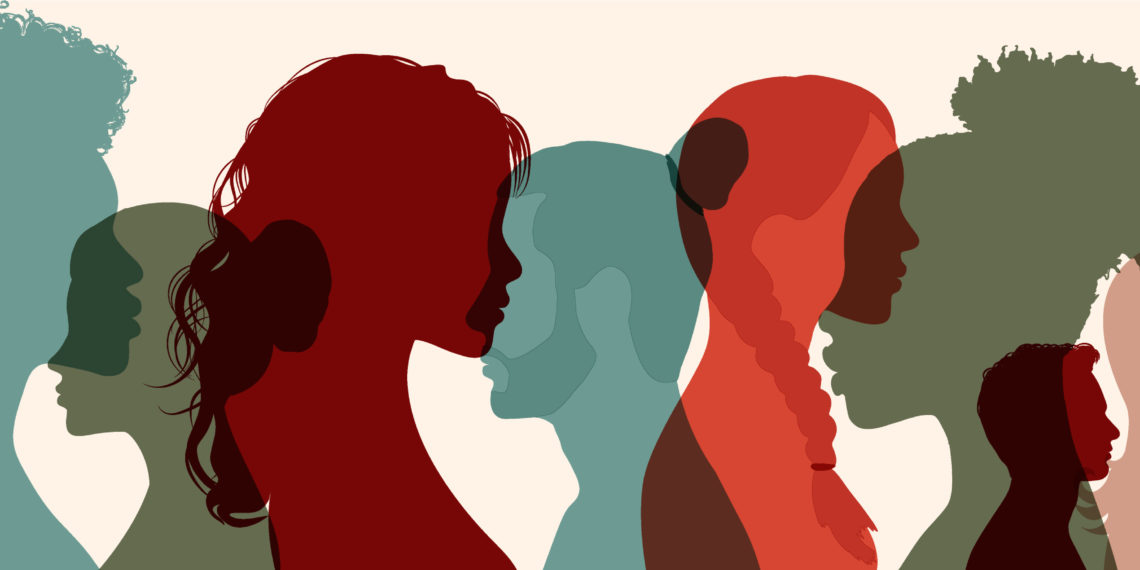Previous research on self-discrepancy has mainly focused on the discrepancy between the actual and ideal or ought state at the personal level, and how they relate to well-being with little attention to the discrepancy regarding the family and country, which may also be very relevant to one’s well-being in a more collectivistic culture. The present study examined not only the discrepancy about oneself but also the discrepancies one perceives regarding their family and country and their relation to different measures of well-being, while taking cultural orientation into consideration. Across Study 1 and Study 2 examining Korean undergraduate participants, the actual–ideal self-discrepancies had the strongest association with well-being while the family- and country-discrepancies had weaker associations. Study 2 further showed that the actual–ideal self-discrepancies predicted well-being to a greater degree for the individualistic than for the collectivistic, while the actual–ought self-discrepancies was predictive of happiness to a greater degree for the collectivistic.




![[연구참여자 모집/사례 지급] 자유연상 패턴과 심리적 속성 간의 관계 탐색](https://happyfinder.co.kr/wp-content/uploads/2024/05/워드프레스_연구참여자모집-360x180.png)










![[연구참여자 모집/사례 지급] 자유연상 패턴과 심리적 속성 간의 관계 탐색](https://happyfinder.co.kr/wp-content/uploads/2024/05/워드프레스_연구참여자모집-350x250.png)


